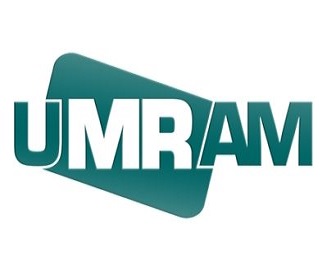Our PhD student Ehsan Kazemivalipour and Prof.Ergin Atalar have published a paper "Reconfigurable MRI technology for low-SAR imaging of deep brain stimulation at 3T: Application in bilateral leads, fully-implanted systems, and surgically modified lead trajectories" with their collaborators Boris Keil, Alireza Vali, Sunder Rajan, Behzad Elahi, Lawrence L. Wald, Joshua Rosenow, Julie Pilitsis nad Laleh Golestanirad.
Abstract:
Patients with deep brain stimulation devices highly benefit from postoperative MRI exams, however MRI is not readily accessible to these patients due to safety risks associated with RF heating of the implants. Recently we introduced a patient-adjustable reconfigurable coil technology that substantially reduced local SAR at tips of single isolated DBS leads during MRI at 1.5 T in 9 realistic patient models. This contribution extends our work to higher fields by demonstrating the feasibility of scaling the technology to 3T and assessing its performance in patients with bilateral leads as well as fully implanted systems. We developed patient-derived models of bilateral DBS leads and fully implanted DBS systems from postoperative CT images of 13 patients and performed finite element simulations to calculate SAR amplification at electrode contacts during MRI with a reconfigurable rotating coil at 3T. Compared to a conventional quadrature body coil, the reconfigurable coil system reduced the SAR on average by 83% for unilateral leads and by 59% for bilateral leads. A simple surgical modification in trajectory of implanted leads was demonstrated to increase the SAR reduction efficiency of the rotating coil to >90% in a patient with a fully implanted bilateral DBS system. Thermal analysis of temperature-rise around electrode contacts during typical brain exams showed a 15-fold heating reduction using the rotating coil, generating <1°C temperature rise during ∼4-min imaging with high-SAR sequences where a conventional CP coil generated >10°C temperature rise in the tissue for the same flip angle.
Kazemivalipour, E., Keil, B., Vali, A., Rajan, S., Elahi, B.,
Atalar, E., … Golestanirad, L. (2019). Reconfigurable MRI technology for
low-SAR imaging of deep brain stimulation at 3T: Application in bilateral
leads, fully-implanted systems, and surgically modified lead trajectories, NeuroImage. http://doi.org/10.1016/j.neuroimage.2019.05.015
